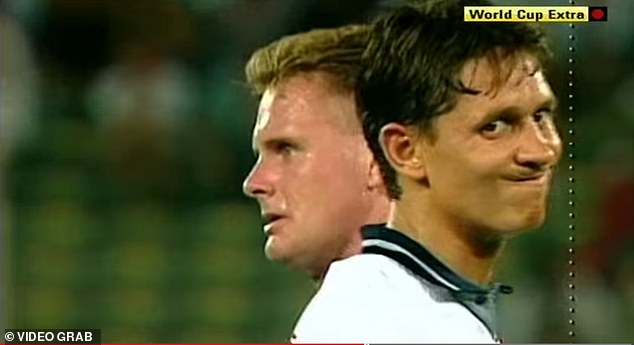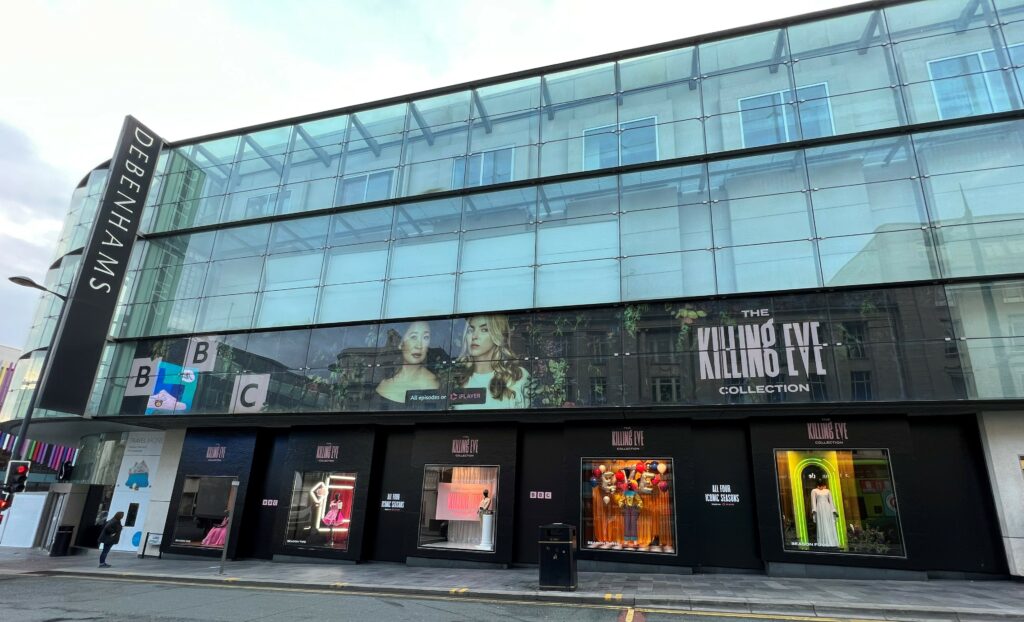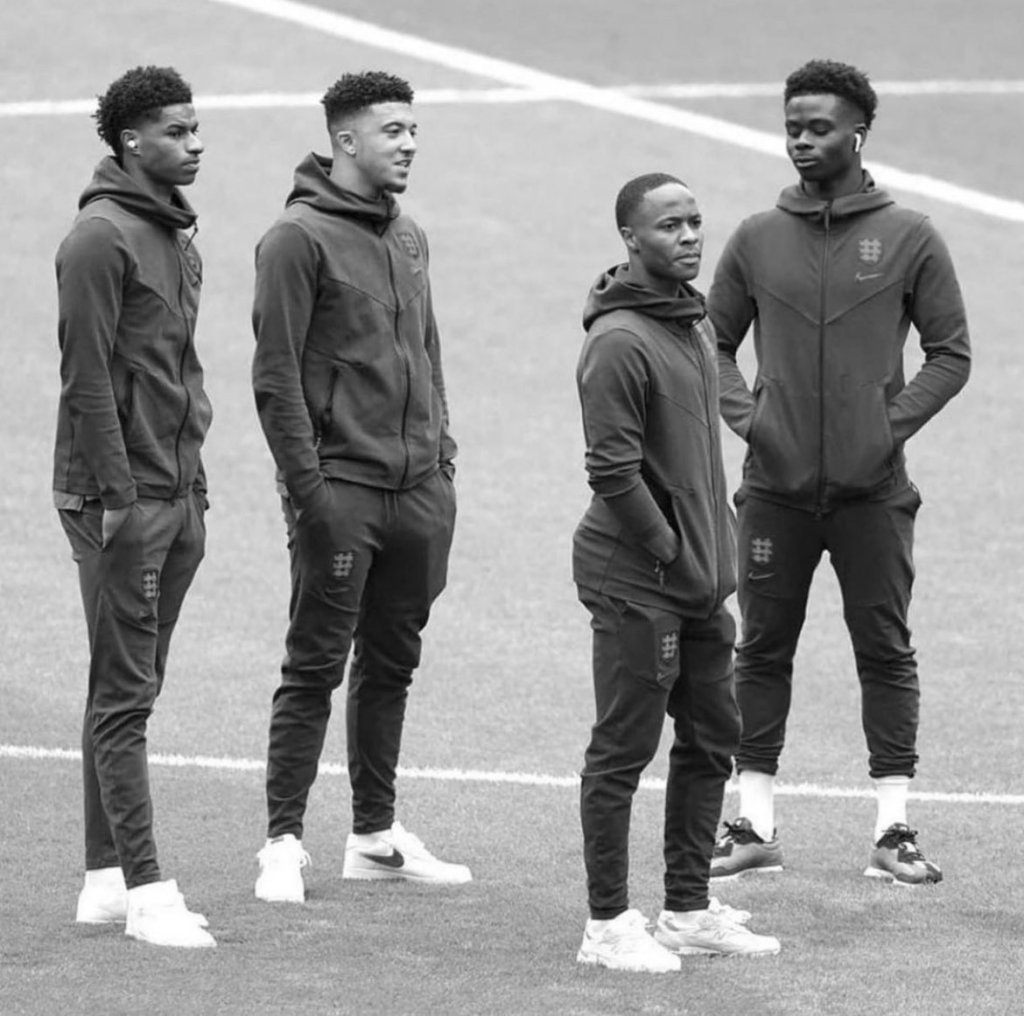
The faces on those kids. They don’t know what they’re singing about. Thirty years of hurt? Fifty? Most of the people in that crowd weren’t born when England lifted their last footballing trophy.
You might think it’s all about the kids, but it really isn’t. While their faces lit up our screens during the EUROS and we spoke of a utopian future where boys wore shirts with women’s names on the back and girls dream of being Chloe Kelly, for many of us it was something else too. I’ve been watching the men’s game for over twenty years and have never felt as much excitement, as many nerves and as much pride as I did on the final whistle.
I’ve also never felt like I’d missed out on something as much as I did on that day.
Continue reading “What it feels like for a girl…”







